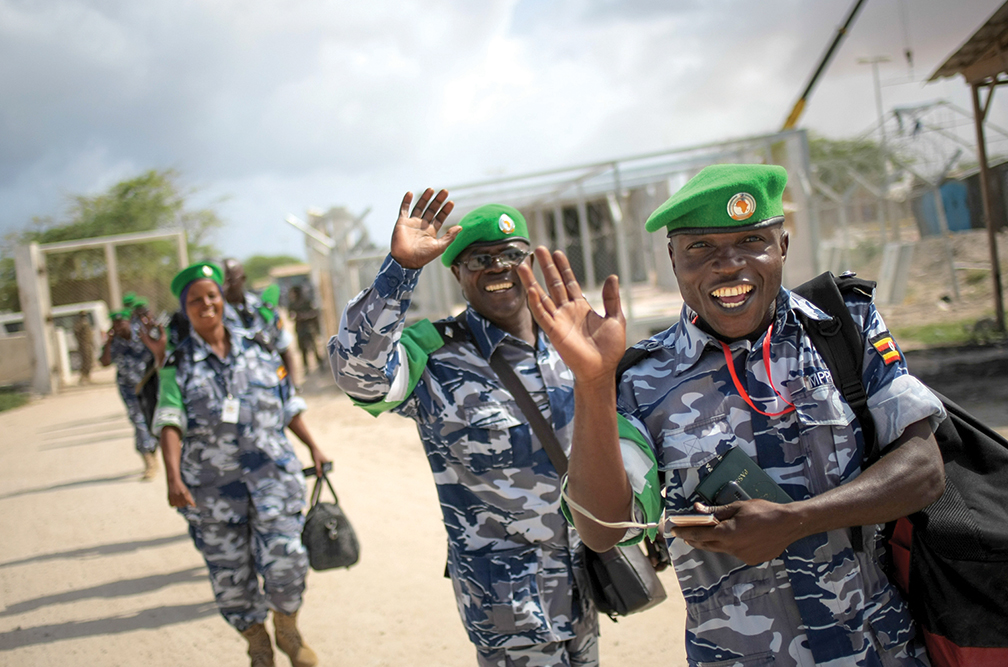Over the past two decades, security sector reform (SSR) has emerged as a principal means for promoting peace and stability in Africa. Now a newer concept known as population-centric security sector transformation (SST) seeks to advance the cause by establishing links between a nation’s security sector and society at large, and by focusing on threats to individuals’ socio-economic conditions and personal safety. For security professionals at all levels, this involves improving professionalism and ethics training, encouraging civil-military partnerships, supporting democratic governance, and examining how best to respond to the everyday security threats faced by citizens.
Although the lack of universally established SSR/T doctrines, manuals and templates can be daunting, this also can be viewed as an opportunity to tailor the program to a country’s specific needs and culture. Doing so can only enhance the likelihood of success. Most helpful for security professionals is to review case studies, such as those in Sierra Leone and Liberia, to ensure that best practices are reinforced and bad practices are avoided.
SSR/T is not easy to implement or maintain. Political officials and security sector leaders need to work together to form a credible, holistic SSR/T road map. They also must have the political will to see it through to completion. Communication between civilian authorities and security professionals, respect for human rights, and partnerships with key local leaders are all necessary for success. Effective reforms will help build accountable governments and responsible security sectors that provide a foundation for economic development and opportunity.

